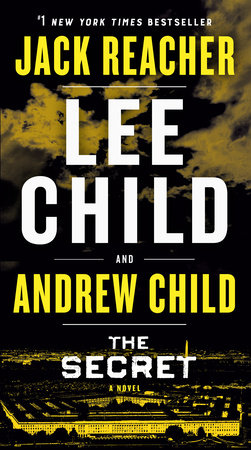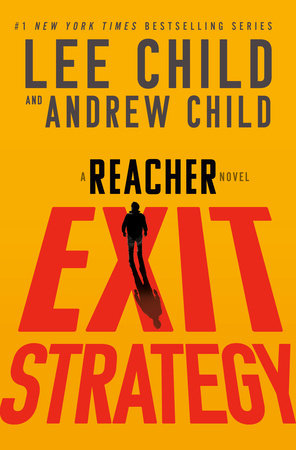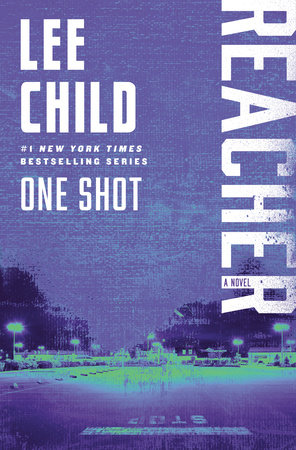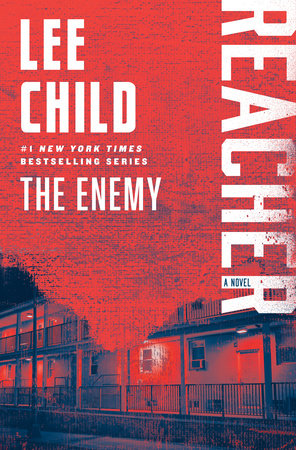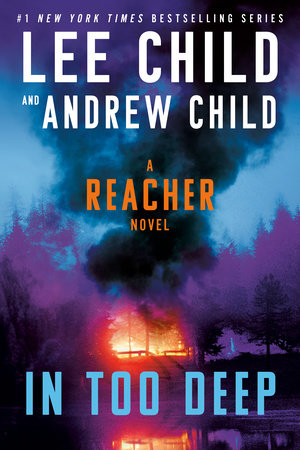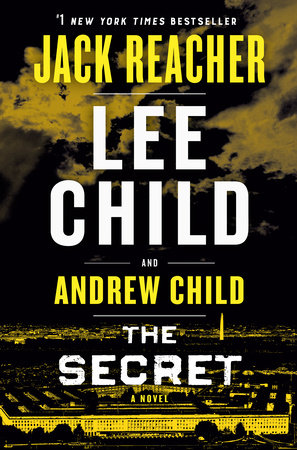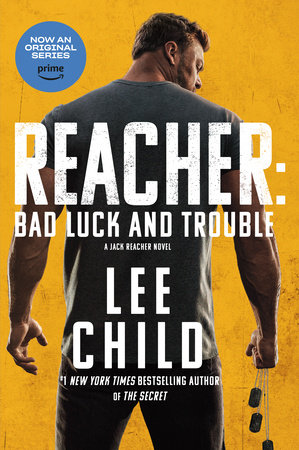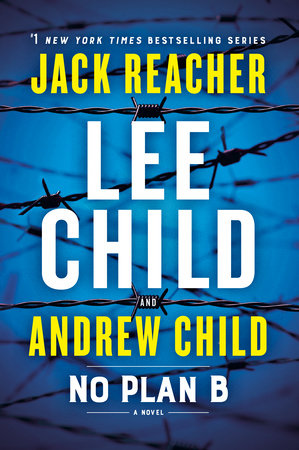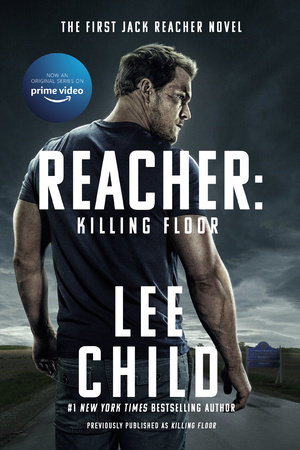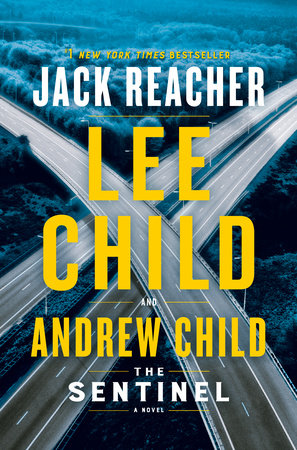Excerpt
The Secret
Chapter 1Keith Bridgeman was alone in his room when he closed his eyes. The morning medical rounds were over. Lunch had been delivered and eaten and cleared away. Other people’s visitors had clattered along the corridor in search of relatives and friends. A janitor had swept and mopped and hauled off the day’s trash. And finally a little peace had descended on the ward.
Bridgeman had been in the hospital for a month. Long enough to grow used to its rhythms and routines. He knew it was time for the afternoon lull. A break from getting poked and prodded and being made to get up and move around and stretch. No one was going to bother him for another three hours, minimum. So he could read. Watch TV. Listen to music. Gaze out of the window at the sliver of lake that was visible between the next pair of skyscrapers.
Or he could take a nap.
Bridgeman was sixty-two years old. He was in rough shape. That was clear. He could debate the cause—the kind of work he had devoted his life to, the stress he had suffered, the cigarettes and alcohol he had consumed—but he couldn’t deny the effect. A heart attack so massive that no one had expected him to survive.
Defying odds that great is tiring work. He chose the nap.
These days he always chose the nap.
Bridgeman woke up after only an hour. He was no longer alone. Two other people were in the room with him. Both were women. Maybe in their late twenties. They were the same height. The same slim build. One was on the left side of his bed, nearer to the door. The other was level with her on the right, nearer to the window. They were standing completely still. In silence. Staring at him. Their hair was pulled back, smooth and dark and tight. Their faces were expressionless like mannequins’ and their skin shone in the harsh artificial light as if it were molded from plastic.
The women were wearing white coats over hospital scrubs. The coats were the correct length. They had all the necessary pockets and badges and tags. The scrubs were the right shade of blue. But the women weren’t medics. Bridgeman was sure about that. His sixth sense told him so. It told him they shouldn’t be there. That they were trouble. He scanned each of them in turn. Their hands were empty. Their clothes were not bulging. There was no sign of guns or knives. No sign of any hospital equipment they could use as weapons. But Bridgeman still wasn’t happy. He was in danger. He knew it. He could feel it as keenly as a gazelle that had been ambushed by a pair of lions.
Bridgeman glanced at his left leg. The call button was where the nurse had left it, lying on the sheet between his thigh and the safety rail. His hand darted toward it. It was a fluid movement. Smooth. Fast. But the woman was faster. She snatched the button then dropped it, leaving it dangling on its wire, almost to the floor, well out of Bridgeman’s reach.
Bridgeman felt his heart quiver and tremble in his chest. He heard an electronic beep. It came from a piece of equipment on a stand near the head of the bed. It had a screen with a number in the center of the top half and two jagged lines that zigzagged across the full width of the lower half. The first line showed his pulse. It was spiking wildly. Its peaks were surging closer together like they were chasing one another. The number showed his heart rate. It was climbing. Fast. The beeps grew louder. More frequent. Then the sound became continuous. Insistent. Impossible to ignore. The number stopped rising. It began to flash. It changed direction. And it kept going down until it reached 00. The lines flattened out. First at the left of the screen and then all the way across until both were perfectly horizontal. The display was inert. Lifeless. Except for the desperate electronic howl.
It told of total cardiac failure.
But only for a moment.
The second woman had grabbed Bridgeman’s right wrist when the alarm began to shriek. She had yanked a square blue clip off the tip of his index finger and attached it to her own. The screen flashed twice. Then the sound cut out. The heart rate started to climb. The two lines began to tick their way from left to right. None of the values were quite the same as Bridgeman’s. The woman was younger. Fitter. Healthier. Calmer. But the readings were close enough. Not too high. Not too low. Nothing to trigger another alarm.
Bridgeman clutched his chest with both hands. Sweat was prickling out across his forehead and his scalp. His skin felt clammy. He had to make an effort to breathe.
The woman with the clip on her finger lowered herself into the visitor’s chair next to the window. The woman on the left of the bed waited a moment then looked at Bridgeman and said, “We apologize. We didn’t mean to startle you. We’re not here to hurt you. We just need to talk.”
Bridgeman said nothing.
The woman said, “We have two questions. That’s all. Answer them honestly and you’ll never see us again. I promise.”
Bridgeman didn’t respond.
The woman saw him glancing past her, toward the door. She shook her head. “If you’re hoping the cavalry’s going to come, you’re out of luck. Those clips slip off people’s fingers all the time. And what do they do? Stick them right back on. Anyone at the nurses’ station who heard the alarm will figure that’s what you did. So. First question, OK?”
Bridgeman’s mouth was dry. He did his best to moisten his lips then took a deep breath. But not to answer questions. To call for help the old-fashioned way.
The woman read his play. She put a finger to her lips and took something out of her coat pocket. A photograph. She held it out for Bridgeman to take. It showed a gloved hand holding a copy of the Tribune next to a window. Bridgeman could read the date on the newspaper. Tuesday, April 7, 1992. It was that day’s edition. Then he saw two figures through the glass. A woman and a child. A little girl. Even though they were facing away from the camera, Bridgeman had no doubt who they were. Or where they were. It was his daughter and granddaughter. In the home he had bought them in Evanston, after his wife died.
The woman took hold of Bridgeman’s arm and felt for his pulse. It was fast and weak. She said, “Come on, now. Calm down. Think of your family. We don’t want to hurt them. Or you. We just need you to understand how serious this situation is. We only have two questions, but they’re important. The sooner you answer, the sooner we’re out of here. Ready?”
Bridgeman nodded and slumped back against his pillow.
“First question. You’re meeting with a journalist the day after tomorrow. Where is the information you’re planning to give her?”
“How do you know about—”
“Don’t waste time. Answer the question.”
“OK. Look. There is no information. We’re just going to chat.”
“No credible journalist is going to believe a whistleblower without ironclad proof. Where is it?”
“Whistleblower? That’s not what this is. The reporter’s from a little weekly rag in Akron, Ohio. Where I was born. The story’s about my heart attack. My recovery. It’s a miracle, according to the doctors. People back home want to read about it. They say I’m an inspiration.”
“Heart attack? That’s what you’re going with? When you’re sitting on a much bigger story?”
“What bigger story?”
The woman leaned in closer. “Keith, we know what you did. What you all did. Twenty-three years ago. December 1969.”
“December ’69? How do you know . . . ? Who are you?”
“We’ll come to who we are. Right now you need to tell me what information you’re planning to give this reporter from Akron.”
“No information. I’m going to tell her about my recovery. That’s all. I will never talk about December ’69. Why we were there. What we were doing. What happened. Not to anyone. I swore I wouldn’t and I keep my word. My wife never even knew.”
“So you don’t have any documents or notes hidden in this room?”
“Of course not.”
“Then you won’t mind if I take a look around.”
The woman didn’t wait for an answer. She started with the locker next to the bed. She opened the door and rummaged through Bridgeman’s spare pajamas and books and magazines. She moved on to a leather duffel on the floor near the door. It held a set of clothes. Nothing else. Next she checked the bathroom. Nothing significant there, either. So she moved to the center of the room and put her hands on her hips. “Only one place left to check. The bed.”
Bridgeman didn’t move.
“Do it for your daughter. And your granddaughter. Come on. I’ll be quick.”
Bridgeman felt his pulse start to speed up again. He closed his eyes for a moment. Took a breath. Willed himself to relax. Then pushed back the sheet, swung his legs over the side of the mattress, and slid down onto his feet. He looked at the woman in the chair. “Can I at least sit? I’m older than you. I have one foot in the grave.”


